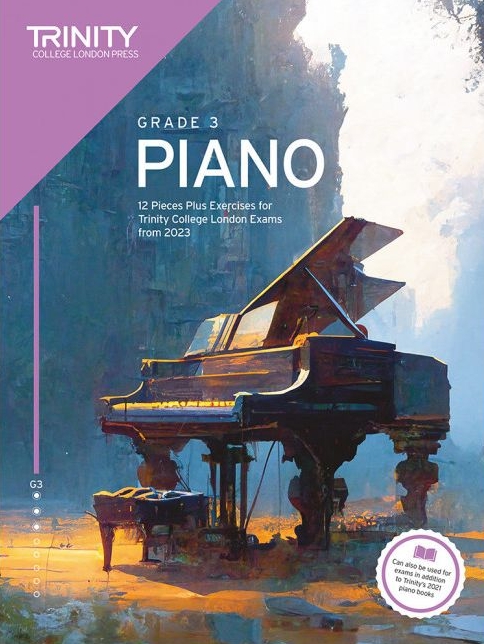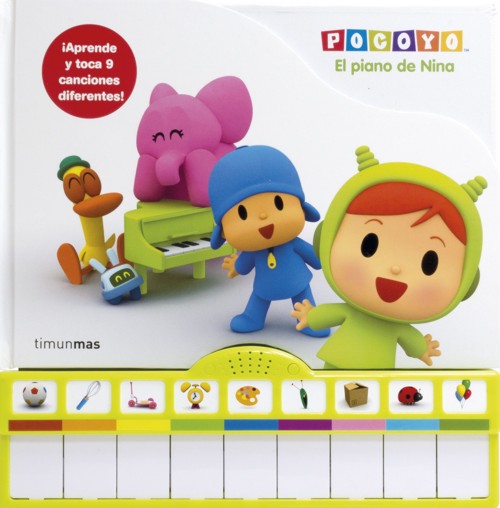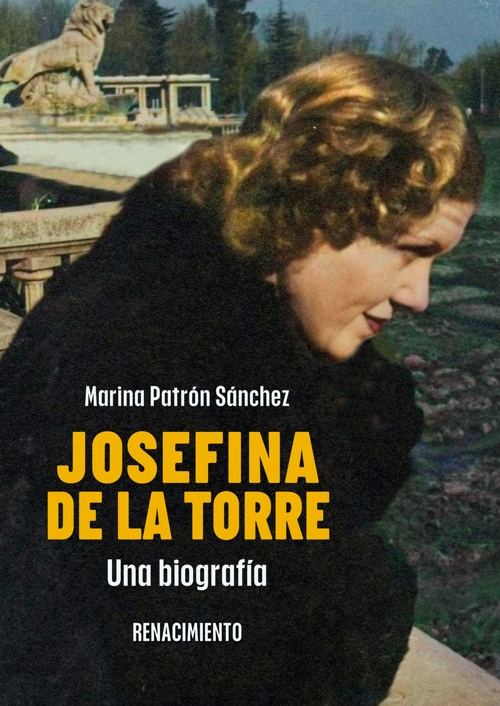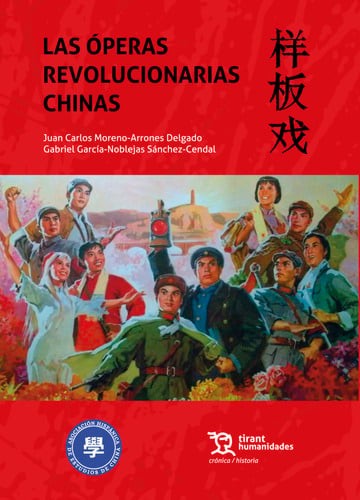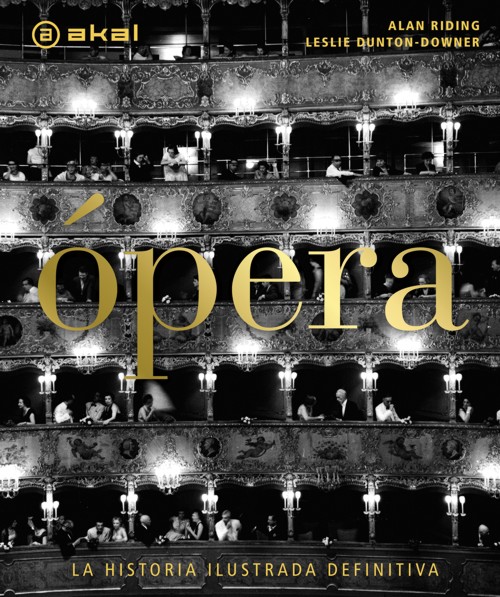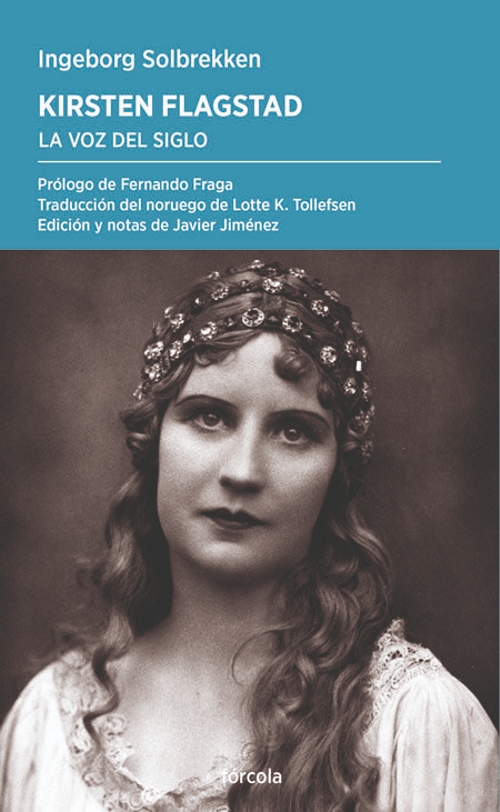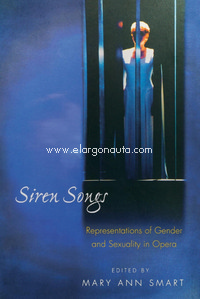
Siren Songs: Representations of Gender and Sexuality in Opera
Princeton University Press. 2000
Ficha técnica
- EAN: 9780691058139
- ISBN: 978-06-91058-13-9
- Editorial: Princeton University Press
- Fecha de edición: 2000
- Dimensiones: 15x23
- Idioma: Inglés
- Nº páginas: 310
Disponible en breve
Sin stock. Si se pide hoy, se estima recibir en la librería el 24/12/25¡GASTOS DE ENVÍO GRATIS!
PVP. 62,10€
Añadir a la Lista de deseos
"
It has long been argued that opera is all about sex. Siren Songs is the first collection of articles devoted to exploring the impact of this sexual obsession, and of the power relations that come with it, on the music, words, and staging of opera. Here a distinguished and diverse group of musicologists, literary critics, and feminist scholars address a wide range of fascinating topics--from Salomes striptease to hysteria to jazz and gender--in Italian, English, German, and French operas from the eighteenth to the twentieth centuries. The authors combine readings of specific scenes with efforts to situate these musical moments within richly and precisely observed historical contexts. Challenging both formalist categories of musical analysis and the rhetoric that traditionally pits a male composer against the female characters he creates, many of the articles work toward inventing a language for the study of gender and opera.
The collection opens with Mary Ann Smarts introduction, which provides an engaging reflection on the state of gender topics in operatic criticism and musicology. It then moves on to a foundational essay on the complex relationships between opera and history by the renowned philosopher and novelist Catherine Clément, a pioneer of feminist opera criticism. Other articles examine the evolution of the ""trouser role"" as it evolved in the lesbian subculture of fin-de-siÚcle Paris, the phenomenon of opera serias ""absent mother"" as a manifestation of attitudes to the family under absolutism, the invention of a ""hystericized voice"" in Verdis Don Carlos, and a collaborative discussion of the staging problems posed by the gender politics of Mozarts operas.
The contributors are Wye Jamison Allanboork, Joseph Auner, Katherine Bergeron, Philip Brett, Peter Brooks, Catherine Clement, Martha Feldman, Heather Hadlock, Mary Hunter, Linda Hutcheon and Michael Hutcheon, M.D., Lawrence Kramer, Roger Parker, Mary Ann Smart, and Gretchen Wheelock.



